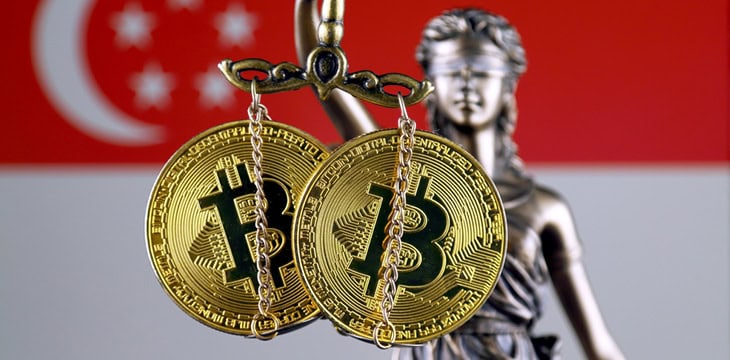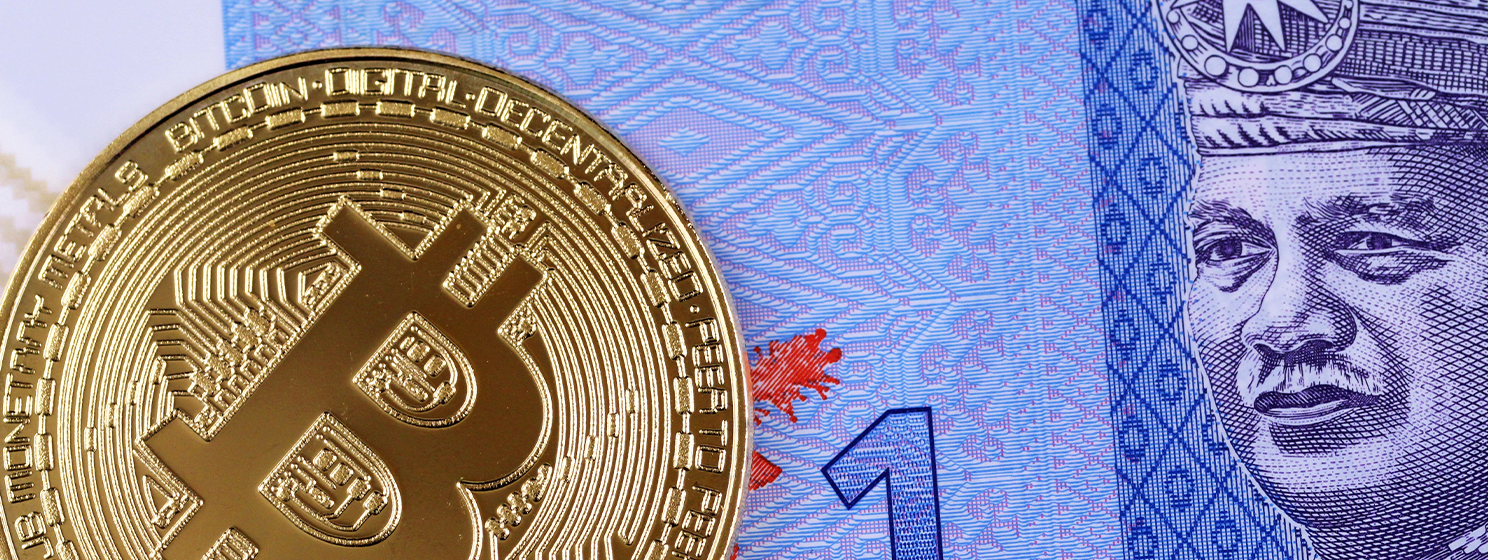|
Getting your Trinity Audio player ready...
|
The Monetary Authority of Singapore (MAS) has increased the risk level for digital asset exchanges in an update to the country’s laws on combating the financing of terrorism (CFT).
Under the update, digital asset exchange platforms—what MAS refers to as digital payment token (DPT) service providers—were elevated from medium-low to medium-high risk, the same level as banks.
MAS, the central bank and financial regulatory authority of Singapore, issued updates to the country’s Terrorism Financing National Risk Assessment (NRA) and National Strategy for Countering the Financing of Terrorism on July 1, with the aim of preventing the exploitation of the city-state’s economic openness as an international financial, business, and transport hub for terrorist financing (TF).
“As the global terrorism landscape evolves, Singapore’s TF risks will evolve too, hence this refreshed assessment and strategy,” said MAS in a announcement. “DPTs, also known as virtual assets/currencies, have emerged as a potential means for terrorist financiers, particularly tech-savvy militants, to raise and move funds across borders.”
The regulator warned of a general growing risk in the digital asset space.
“There are indications that terrorists and terrorist groups are looking to make greater use of virtual currencies to support their illicit agendas in the wake of the COVID-19 pandemic. The Singapore authorities continue to closely monitor this evolving domain.”
MAS noted that there are currently no known terrorist financing cases in Singapore involving digital asset exchanges and no strong evidence indicating widespread utilization of digital asset platforms for terrorist financing across the Southeast Asian region, but reiterated that Singapore is awake to the “higher risks originating from the increasing presence of DPT service providers.”
The regulator’s latest reassessment of digital asset platforms comes only a few weeks after a June 20 update to Singapore’s Money Laundering National Risk Assessment, which highlighted the significant risk posed by digital asset service providers to anti-money laundering (AML) efforts; DPTs were not mentioned in the previous 2014 iteration of the AML risk report.
Mitigating measure
In terms of addressing the—perceived—heightened risk posed by the digital asset space, as a potential source of terrorist financing, MAS noted that it had stepped up its supervisory and engagement efforts, including organizing and participating in a series of industry engagement sessions to raise the industry’s awareness of the risks.
Digital asset exchanges in Singapore are subject to licensing under the country’s Payment Services (PS) Act and corresponding AML/CFT regulations, which came into effect on 28 January 2020 and are aligned with international standards, including the Financial Action Task Force’s (FATF) recommendation 15 on digital assets.
For example, licensed DPT service providers in Singapore are required to collect and screen originator and beneficiary details before executing transfers and to transmit originator and beneficiary information to the next service provider when executing transfers.
In 2021, MAS issued additional guidance to the industry to facilitate the effective implementation of AML/CFT controls and institute robust AML/CFT-focused licensing checks to uphold standards across the sector.
These requirements were further developed following an industry consultation in May 2023. After the conclusion of the consultation, in April of this year, “additional enhancements” were made to the AML/CFT regulations for digital asset platforms to further align the regime with international standards and practices.
Specifically, this involved expanding the scope of regulated payment services to include DPT services providers, putting digital assets under user protection law, and allowing MAS to impose stricter requirements on digital asset exchanges regarding AML and CFT, user protection and financial stability.
To complement these various measures, the regulator committed to continued surveillance of the digital asset sector in Singapore “to identify areas or entities of higher risks and proactively detect entities that may be operating or providing DPT services illegally.”
Going forward, MAS said that it would “continue to engage industry players to further strengthen their awareness of their TF risks and AML/CFT obligations.”
Watch: Probing criminal acts

 02-22-2026
02-22-2026 




